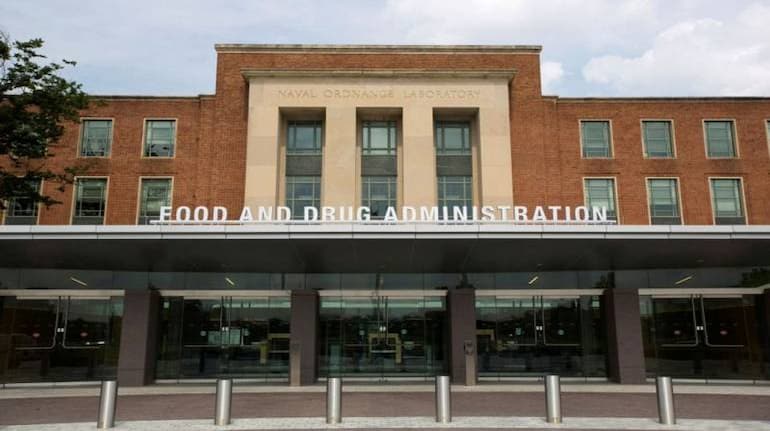



US drug regulator, Food and Drugs Administration (USFDA), took almost a month to complete the inspection of the facility of Sun Pharma's New Jersey subsidiary Ohm Laboratories early this year. The Ohm Laboratories plant makes prescription and OTC drugs in solid dosage forms.
The USFDA also took almost a month to complete an inspection of oral solid manufacturing facility at Dayton, New Jersey of AuroLife, a wholly owned subsidiary of Aurobindo Pharma.
Lupin's Somerset plant is classified as Official Action Indicated (OAI), which means new approvals from the facility will be put on hold, until the company resolves the regulatory concerns raised by USFDA. The inspection is crucial for Lupin.
Slow pace of inspections
Analysts tracking USFDA inspections say that while there isn’t any time-limit for the duration of an inspection, most inspections are completed in a fortnight. The USFDA, generally, takes little more time while evaluating large facilities that produce complex drugs or having compliance issues.
“The USFDA inspections may possibly get stretched because the agency is taking precautions to ensure the safety of the investigators and the employees of the facility who assist the USFDA staff," said a quality compliance executive of a company, who didn’t want to be named.
The USFDA has temporarily paused all inspections, both domestic and foreign, in March, following the outbreak of COVID-19. The New Jersey region -- the hub of pharmaceutical manufacturing activity in the US -- was one of the worst-hit states due to COVID-19. After a hiatus of four months, the agency resumed onsite inspections of US-based sites on July 20.
The USFDA will only prioritise mission critical inspections of plants manufacturing products that have a breakthrough therapy designation or regenerative medicine advanced therapy (RMAT) designation, or is used to diagnose, treat or prevent a serious disease without an appropriate therapeutic alternative.
The agency said that for the foreseeable future, there may not be any surprise inspections, as all prioritised domestic inspections will be pre-announced to FDA-regulated businesses.
The USFDA has also developed a rating system called the COVID-19 Advisory Rating system that uses real-time data on the number of COVID-19 cases in a local area to assist its staff and inspectors in determining when and where it is the safest to conduct prioritised domestic inspections.
Non-US facilities
For facilities outside the US, USFDA is conducting physical examinations of products arriving at US borders or product sampling and testing before being released into the market, reviewing the compliance histories of facilities, using information shared by trusted foreign regulatory partners through mutual recognition and confidentiality agreements, and requesting records directly from facilities in advance about certain drug inspections.
If a product appears to have not met the standards for safety, effectiveness, or quality based, the USFDA will refuse admission of the product into the US.
Discover the latest Business News, Sensex, and Nifty updates. Obtain Personal Finance insights, tax queries, and expert opinions on Moneycontrol or download the Moneycontrol App to stay updated!
Find the best of Al News in one place, specially curated for you every weekend.
Stay on top of the latest tech trends and biggest startup news.